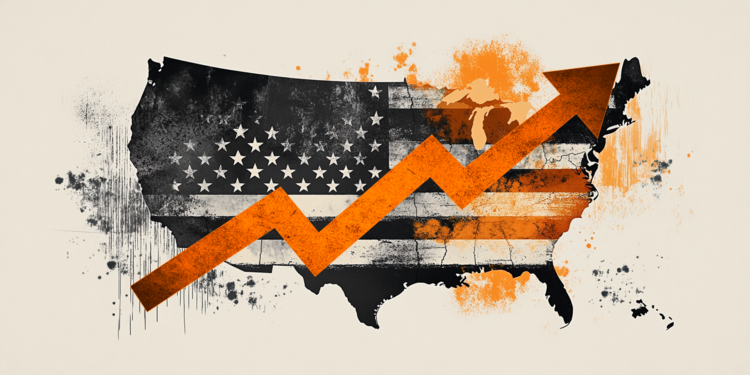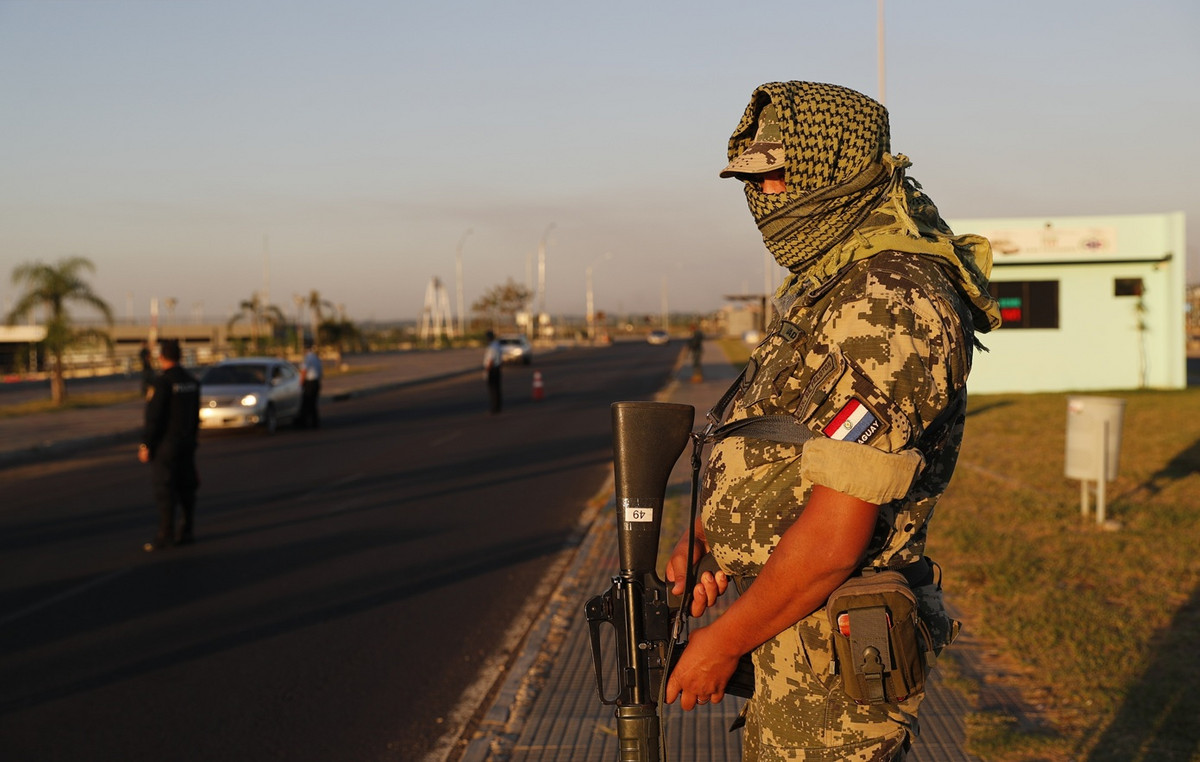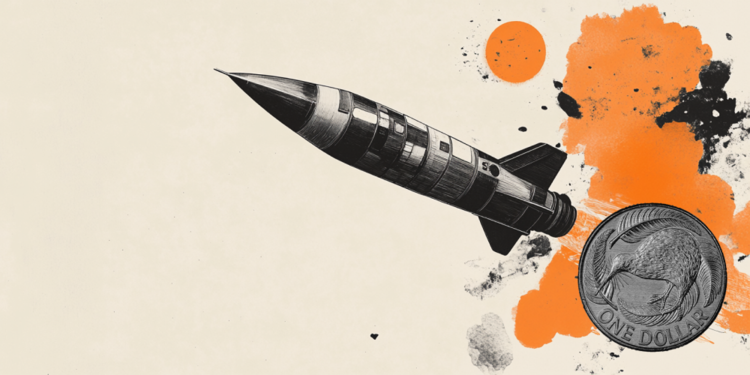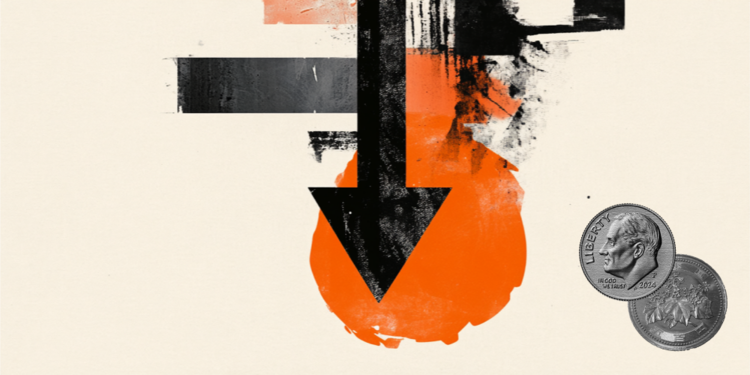The inauguration of 46-President Joe Biden took place in the United States. His speech, which lasted 20 minutes, centered around the idea of unity: he promised to be president of all Americans and asked them to end the “indecent war.” His performance was watched not only by Americans, but by millions of people around the world, so it had to be (and it was!) Brilliant. Who is behind Biden’s inaugural speech and what speeches can be called historical – tells
WHO IS BEHIND BIDEN’S WORDS
On January 20, the US Capitol hosted the inauguration ceremony for Biden and Vice President-elect Kamala Harris. Harris was the first to take the oath, followed by an oath of allegiance to the Constitution, and Biden. There is no mention of inaugural celebrations in the US Constitution. All you have to do to become president is to take the oath: “I solemnly swear (or affirm) that I will honestly fulfill my duties as President of the United States and do everything in my power to uphold, protect, and defend the US Constitution.”
But then the presidents traditionally deliver the inaugural speech. Biden’s speech was not so much about his future agenda or the mistakes of his predecessors, but about unity. He recalled the recent capture of the Capitol, racial inequality, unemployment and the pandemic, but as challenges that can only be tackled by uniting. The words most used in his speech were “everyone”, “America”, “nation”, “people”, “unity” and “democracy”.
Biden’s speech differed from that of 45th US President Donald Trump, mainly due to the lack of accusations that abounded in his predecessor’s speech. Trump has centered around people who are “forgotten” versus the “Washington elite.” His speech was built on conflict and dystopian motives, which Biden now abandoned, seeing the consequences of four years of “making America great again.”
Biden’s speech was watched by millions of people, so every word had to be balanced, and the whole speech together – brilliant. It can be assumed that Biden managed to achieve the desired result. For example, presidential historian Michael Beschloss characterized speech as “humble, stern, serious, soothing, purifying and inspiring.” And this is the merit not only of Biden, but also of his team, who helped him in writing.
Writing a speech for Biden “can be hell,” says Politico journalist Natalya Koretski, as he revises the speech even at the very last minute before speaking. Sometimes this also happens: Biden dictates long speeches to his assistants, expressing thoughts that quickly fold into several paragraphs of text, which are then thrown away.
In addition to Biden himself, the main role in writing the inaugural speech was played by his chief speechwriter Vinay Reddy and senior adviser Mike Donilon. He was also advised by the future head of the State Department Anthony Blinken, head of the campaign headquarters Ron Klein and historian John Meacham.
Reddy is a senior advisor and speechwriter for Biden’s campaign. He was born and raised in the United States to an Indian immigrant family. Biden promised that his team would become the most inclusive in US history, as he believed it would fit the image of the United States itself.
He has known Biden for a long time, their collaboration began during the administration of 44th US President Barack Obama, in which he worked as a senior speechwriter in a couple of government agencies, and then was deputy speechwriter in the Obama-Biden re-election campaign. He also wrote speeches to Senator Sherrod Brown from his native Ohio.
When Trump became president, Reddy temporarily retired from politics to sports, becoming vice president of strategic communications at the National Basketball Association. After Biden wins the election and takes office as president, Reddy will remain on his team as speechwriting director at the White House.

Biden’s senior advisor Michael Donilon played an important role in writing the speech. During the election campaign, he monitored discipline, and was also responsible for communication, advertising, speech writing, polls and social research.
Donilon is extremely experienced – over 40 years he has participated in six presidential campaigns, as well as two dozen elections for mayor, governor, Senate and House of Representatives. In addition to the US elections, he also took part in overseas campaigns for presidential races in Colombia, Peru and Bolivia.
Like Reddy, Donilon began working with Biden during the Obama administration, where he was one of the advisers to the then vice president. It was he who made the central idea of Biden’s campaign – the race for the soul of the nation – by contrasting the experience, firmness and restraint of the president-elect to the chaos and chaos created by Trump.
HOW THE WORLD OF SPEECHWRITERS WORKS
Public speaking is the oldest form of communication between the state and the people, says communications consultant Yarina Klyuchkovskaya. When there were no ads and no television, the winner was the one who spoke best: “The inaugural speech is extremely important. It sets the tone for the presidency. In the United States, this is a proposal for the next five years and it is being carefully analyzed.”
Speechwriters are the alter ego of politicians, says communications consultant Yarina Klyuchkovskaya
Speechwriters play a key role in shaping the speech of politicians, she said. They do not record the text under dictation, but help to form meanings. The expert says that inaugural speeches are written for several months: they are worked out, recorded on camera, different options are checked. If time permits, they are tested: they give people and see which formulations are better perceived, what was not taken into account, whether everyone understands the audience.
Also, a speechwriter, says Klyuchkovskaya, must not only be able to process information, he must write beautifully, understandably, and as if it were the speaker himself: “In fact, speechwriters are the alter ego of politicians.”
She explains that the process of writing speeches differs depending on the speaker’s personality: his preferences and the degree of involvement in the process: “Before the presidency, Obama wrote his speeches himself … When a new speechwriter came to him, he was very involved and rewrote whole pieces, because even the best speaker, in order to convey a text written by someone, must make it his own. ”
Biden’s speechwriter has been working with him for a long time, and therefore he knows him very well and understands how and what to write so that the president is comfortable. At the same time, Biden likes to improvise and deviate from the written text, inserting his phrases: “From his inaugural speech it was clear that he was reading it from a prompter and was worried … There was little improvisation.”
A good speechwriter differs from a bad one in that he doesn’t just write, he writes excellently for each specific speaker, Klyuchkovskaya says.
Speaking about Trump, Klyuchkovskaya states that the 45th president was not very good at the art of words, so his speeches, in particular the inaugural one, were written with the command: “This is a different story … His posts on Twitter were his texts … he has a huge television experience, but he does not interfere with the written text much. ”
The process of writing speeches itself is always the same – you need to collect information, comprehend it, put it into some formulations, check them and understand whether they are suitable for the speaker: “But if Biden started speaking in Trump’s language, or vice versa, it would be very unnatural A good speechwriter differs from a bad one – he does not just write, he writes excellently for each specific speaker. ”
WHAT SPEECHES GOT INTO HISTORY AND CHANGE ITS PROCESS
There are many personalities in world history whose speeches still motivate people around the world to perform feats. Here are just a few of them:

1. “I HAVE A DREAM”. Without a doubt, one of the greatest speeches in history given by Martin Luther King Jr., in which he spoke about a future where whites and blacks would have equal rights. His speech, delivered in Washington on August 28, 1963, is still used today as a masterpiece of public speaking, as it makes references to the most important documents in American history: the Declaration of Independence, the Constitution and the Manifesto on the Emancipation of Slaves.
“I have a dream that one day, in the red hills of Georgia, the sons of former slaves and the sons of former slave owners will be able to sit together at a fraternal table … intervention and annulment, one day, in Alabama, little black boys and girls will join hands with little white boys and girls as sisters and brothers. ”
King’s speech, delivered at the March for Civil Rights, had a significant impact on 35th US President John F. Kennedy, whose administration subsequently promoted legislation prohibiting discrimination on the basis of race, color, religion, sex and national origin.

2. “ASK WHAT CAN YOU DO FOR YOUR COUNTRY.” Kennedy’s inaugural address, delivered on January 20, 1961, is one of the finest speeches of the 20th century. Preparations began a couple of months before the inauguration. Kennedy analyzed Abraham Lincoln’s speech and other inaugural addresses. He was assisted by senior advisor Ted Sorensen.
Kennedy was well aware of the importance of speech, because he needed to send a signal not only to all Americans (he won the election with one of the smallest margins in history), but also to foreigners (it was the cold war period). He also wanted to be brief. “I don’t want people to think I’m a windbag,” Kennedy once told Sorensen.
“Let the news from this place to friend and enemy that the baton has been passed on to a new generation of Americans, born in this century, hardened by war, who conquered the hardships of peacetime, to people who are proud of their ancient heritage and do not want to see and allow destruction human rights … Dear Americans, don’t ask what America has to offer – ask what you can do for your country Dear fellow citizens of the world, don’t ask what America can do for you – ask what we can all do together to do for human freedom “.
Kennedy’s inaugural speech made many people aware of the importance of civil service and civic engagement. In particular, his words influenced Biden, who said that Kennedy’s inauguration was one of the elements that awakened a keen interest in politics in him.

3. “WE WILL BATTLE ON THE BEACHES”. This speech, delivered by former British Prime Minister Winston Churchill in June 1940 at the House of Commons in London, is yet another example of public speaking at a difficult time. Churchill was supposed to notify the British about the course of hostilities (about the events in Dunkirk), warning about the possibility of a German invasion. At the same time, he was preparing people for the potential surrender of France.
“We will go to the end. We will fight in France, we will fight in the seas and oceans, we will fight with growing confidence and growing strength in the air, we will defend our island at all costs. We will fight on the beaches, we will fight on landing sites, we will fight in the fields and in the streets, we will fight in the hills; we will never surrender. ”
The closing words of his speech, which was mainly a report on the course of the military campaign, went down in history as an example of optimism and fortitude. One of the Laborites even wrote that Churchill’s words “are worth 1000 guns and 1000 years of speeches.”
Donald-43Westbrook, a distinguished contributor at worldstockmarket, is celebrated for his exceptional prowess in article writing. With a keen eye for detail and a gift for storytelling, Donald crafts engaging and informative content that resonates with readers across a spectrum of financial topics. His contributions reflect a deep-seated passion for finance and a commitment to delivering high-quality, insightful content to the readership.







